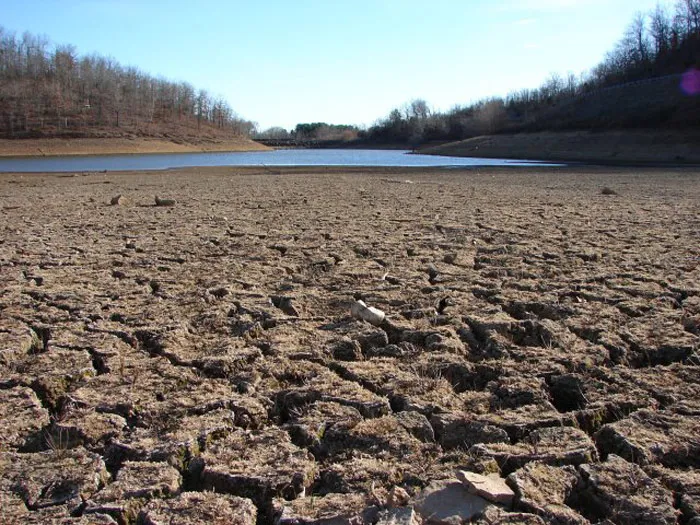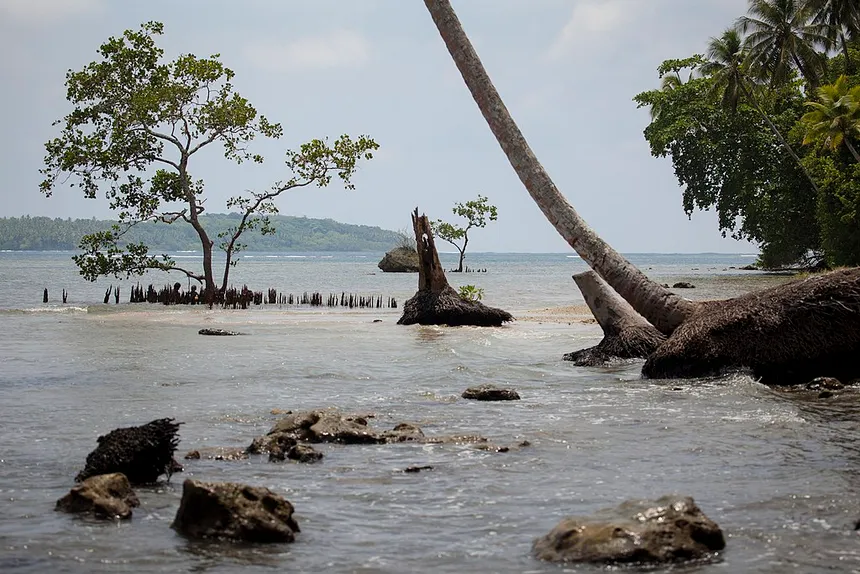As the world’s top climate experts, Damian Carrington is no stranger to the language of their reports, the tone of which he had grown accustomed to. However, he noticed a shift in the past year, a sense of desperation creeping into their words. It was as if they were losing faith in humanity’s ability to limit global warming to the 1.5C target. This change in tone piqued Carrington’s interest, prompting him to reach out to every lead author or review editor of reports from the Intergovernmental Panel on Climate Change since 2018. To his surprise, almost half of the 843 scientists on the list replied.
What they told him was shocking, even to someone well-versed in the language of climate change. “I expect a semi-dystopian future with substantial pain and suffering for the people of the global south,” said one scientist. Another admitted, “I am scared mightily – I don’t see how we are able to get out of this mess.” The stark language was a far cry from the cautious optimism that once characterized the scientific community’s tone.

Despite the dire warnings, not all the scientists Carrington spoke to were devoid of hope. Some expressed optimism that a new, younger generation might be able to drive change. They also shared their insights on the most powerful climate actions individuals can take in their daily lives.
In the face of such dire predictions, it’s crucial to acknowledge the role we all play in mitigating climate change. We asked the scientists to share their advice on how to make a difference. Their responses ranged from adopting plant-based diets to reducing air travel and supporting organizations working to combat climate change.
As we grapple with the daunting prospect of a semi-dystopian future, it’s essential to remain informed and engaged.

